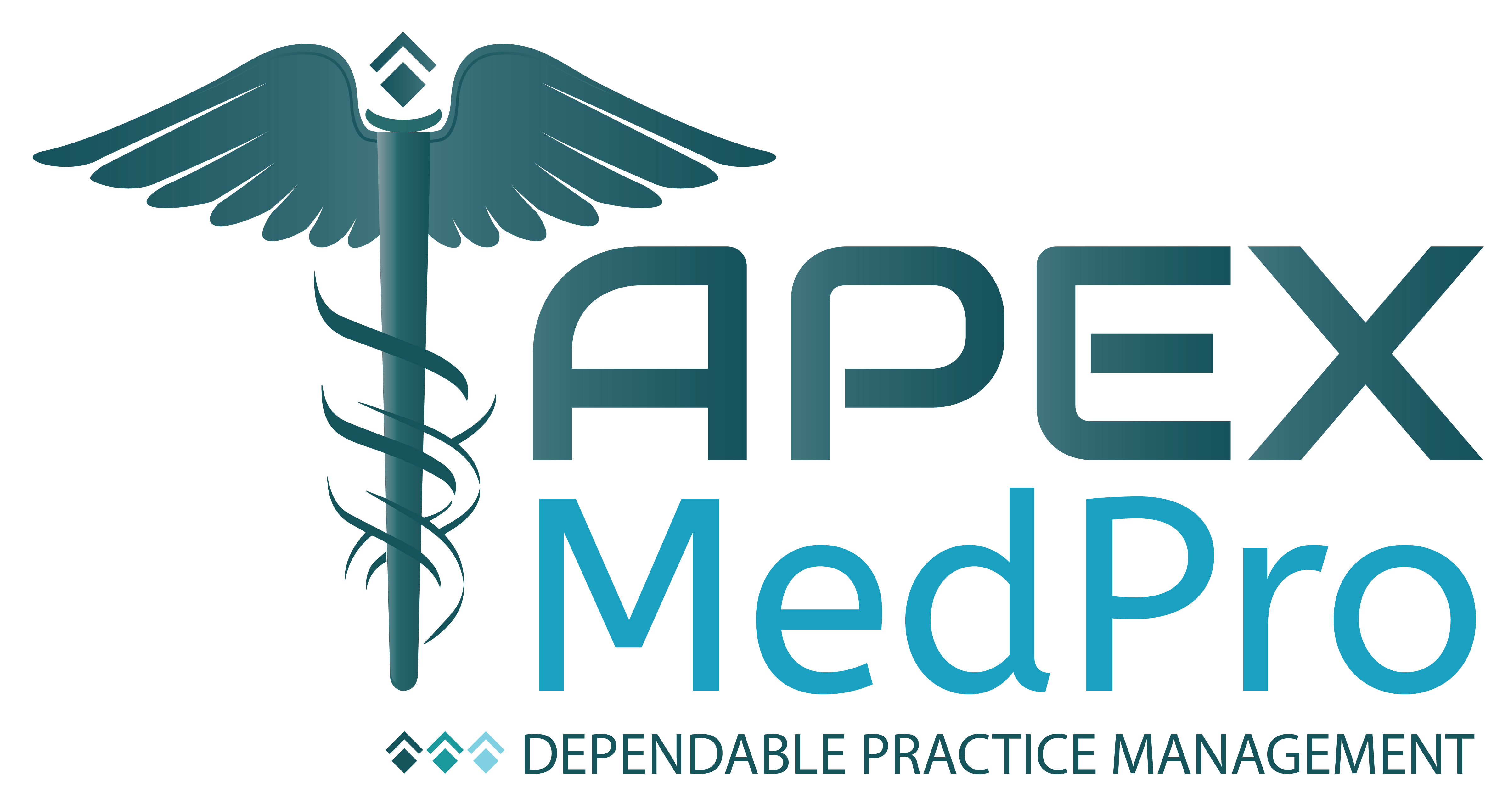Introduction
Denial management is a critical process in medical billing that healthcare providers must effectively handle to ensure timely and accurate reimbursement for services rendered. Denials can occur due to various reasons, such as coding errors, missing documentation, eligibility issues, and other billing discrepancies. Failing to manage denials efficiently can result in financial loss and decreased cash flow for healthcare organizations. In this blog, we will discuss some strategies for effective denial management in medical billing that can help optimize revenue cycles and improve overall financial performance.
Implement Robust Claims Scrubbing
To minimize denials, it is crucial to implement a robust claims scrubbing process. This involves thoroughly reviewing claims for errors, such as incorrect or incomplete patient information, inaccurate coding, or missing documentation. Automated claims scrubbing software can help identify potential issues before submitting claims, reducing the likelihood of denials.
Enhance Documentation Accuracy
Accurate and comprehensive documentation is essential for successful medical billing. Ensure that healthcare providers maintain detailed records of patient encounters, including diagnosis codes, procedures performed, and supporting documentation. Adequate documentation minimizes the chances of denials due to insufficient or ambiguous information.
Train Staff on Coding and Billing Guidelines
Medical coding errors are a common cause of claim denials. Regularly train coding and billing staff to stay updated on the latest coding guidelines, procedural changes, and payer requirements. Encourage staff to participate in continuing education programs and certifications to enhance their knowledge and proficiency. Well-trained staff are more likely to submit accurate claims, reducing the risk of denials.
Conduct Regular Audits
Perform regular internal audits to identify patterns or trends in claim denials. Analyze denial data to determine common reasons for denials and develop targeted strategies to address them. By understanding the root causes of denials, healthcare organizations can implement corrective measures, such as additional training or process improvements, to minimize future denials.
Improve Communication with Payers
Establish effective communication channels with insurance payers to resolve denials promptly. When denials occur, reach out to payers to clarify reasons for denial and request additional information if necessary. Understanding payer requirements and maintaining open lines of communication can facilitate the resolution of denials and expedite the reimbursement process.
Implement Denial Tracking and Reporting Systems
Utilize denial tracking and reporting systems to monitor the status and progress of denied claims. These systems can provide insights into denial trends, allowing organizations to proactively address recurring issues. Robust reporting capabilities can also help identify areas for improvement and measure the effectiveness of denial management strategies.
Streamline and Automate Workflows
Consider implementing technology solutions to streamline and automate the denial management process. Utilize practice management software or revenue cycle management systems that offer features such as automated claim resubmission, claim status tracking, and denial analytics. Automation can significantly reduce manual errors, enhance efficiency, and accelerate the resolution of denials.
Establish Denial Appeals Process
Develop a structured denial appeals process to challenge erroneous denials. Train staff on the appeal process and ensure they are familiar with payer-specific appeal requirements. Promptly submit well-documented appeals with supporting evidence to maximize the chances of overturning denials.
Conclusion
Effectively managing denials in medical billing is crucial for optimizing revenue cycles and ensuring financial stability for healthcare organizations. By implementing strategies such as robust claims scrubbing, accurate documentation, staff training, regular audits, and efficient communication with payers, providers can minimize denials and improve reimbursement rates. Leveraging technology solutions and establishing an organized denial management process can further enhance efficiency and streamline the resolution of denials. Ultimately, effective denial management practices contribute to improved financial performance and better patient care.

